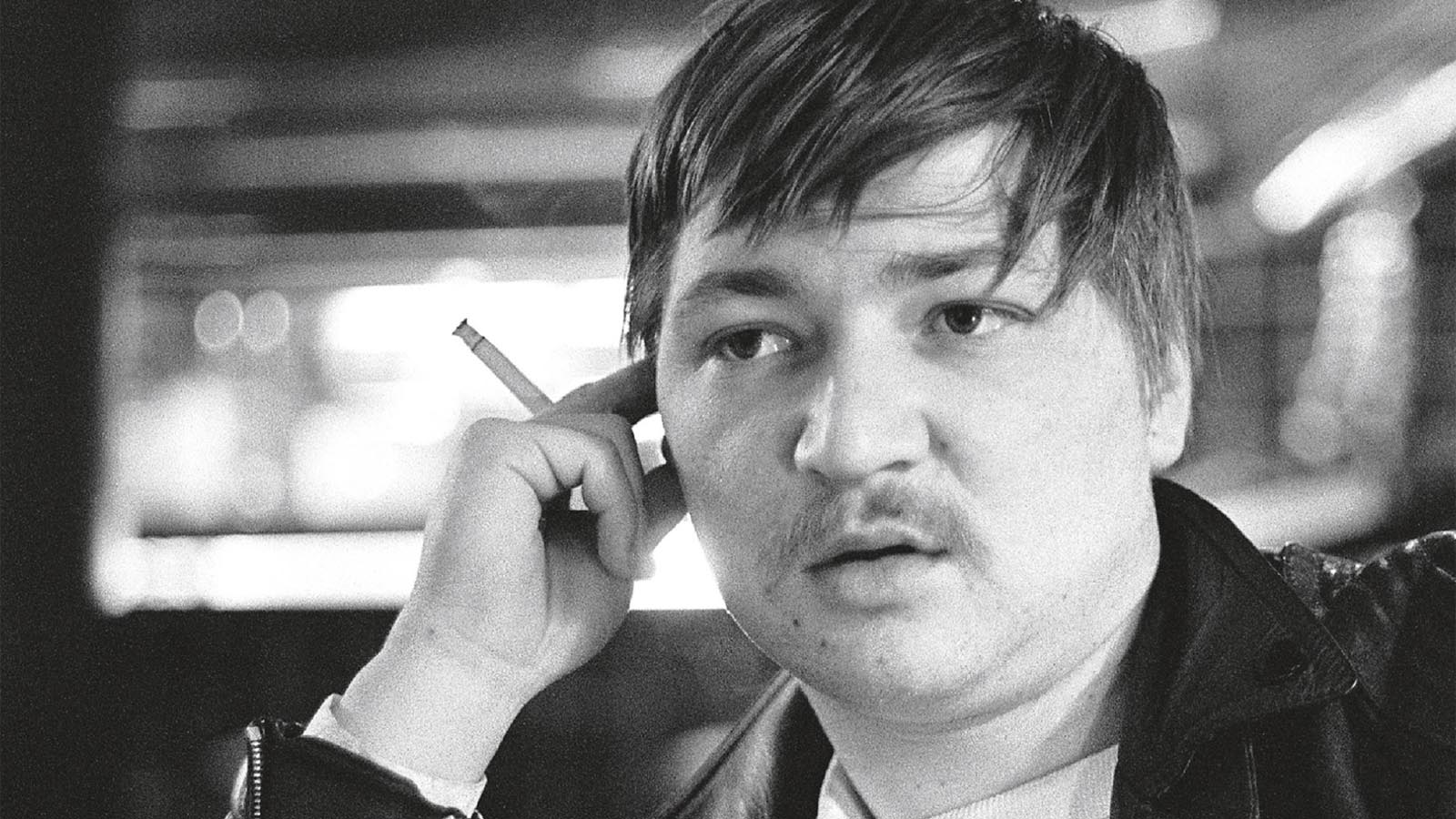Frankfurt Plans a Fassbinder Center

In the wee hours of the morning of June 10, 1982, Juliane Lorenz discovered the lifeless body of Rainer Werner Fassbinder. The German filmmaker, playwright, and actor had been working on what would have been his forty-fifth feature, a film based on the life of socialist revolutionary Rosa Luxemburg, but the frenzied years of his adult life, fueled by excessive work, drugs, and alcohol, had finally caught up with him. He was thirty-seven.
Lorenz, now Lorenz-Wehling, had edited ten of Fassbinder’s features as well as his landmark television series Berlin Alexanderplatz, and in 1992, she took over the Rainer Werner Fassbinder Foundation created by the director’s mother. Lorenz-Wehling’s stewardship has occasionally been marked by controversy, but few would doubt her tireless dedication to Fassbinder’s legacy. Her most consequential decision yet is to sell the bulk of the physical artifacts of that legacy—and to lend the rest—to the Deutsches Filminstitut and Filmmuseum in Frankfurt, where the collections of Volker Schlöndorff, Margarethe von Trotta, Rudolf Thome, and other German directors are currently housed.
The Fassbinder collection is so vast, though, that the institute and museum have announced plans to build a Fassbinder Center, a two-story complex with reading rooms, office space, and a research hub whose location has been consciously selected for its proximity to the city’s Goethe University. One hundred and eighty boxes—stuffed with screenplays, notebooks, letters, and photographs, plus countless video and audio recordings, and even Fassbinder’s pinball machine and sofa—will be archived and occasionally on display in a space sprawling across 1000 square meters (over 10,760 square feet). The Center is set to open early next year.
The emotional intensity, formal innovation, historical significance, and contemporary relevance of Fassbinder’s oeuvre is all but inexhaustible, which is why there’s nearly always a retrospective on somewhere in the world. Currently, there are two, one in Vienna and the other in Madison, Wisconsin. Austrian Film Museum programmer Christoph Huber notes that “the manic tempo of Fassbinder’s output suggests that it is not about singular films—he thought of his work as ‘a house built from my films. Some are the cellar, others the walls, and still others the windows.’” Huber’s taken a deep dive into Fassbinder’s radio plays and video recordings “to see how and where they fit into Fassbinder’s ‘film house’ and found myself amply rewarded.”



